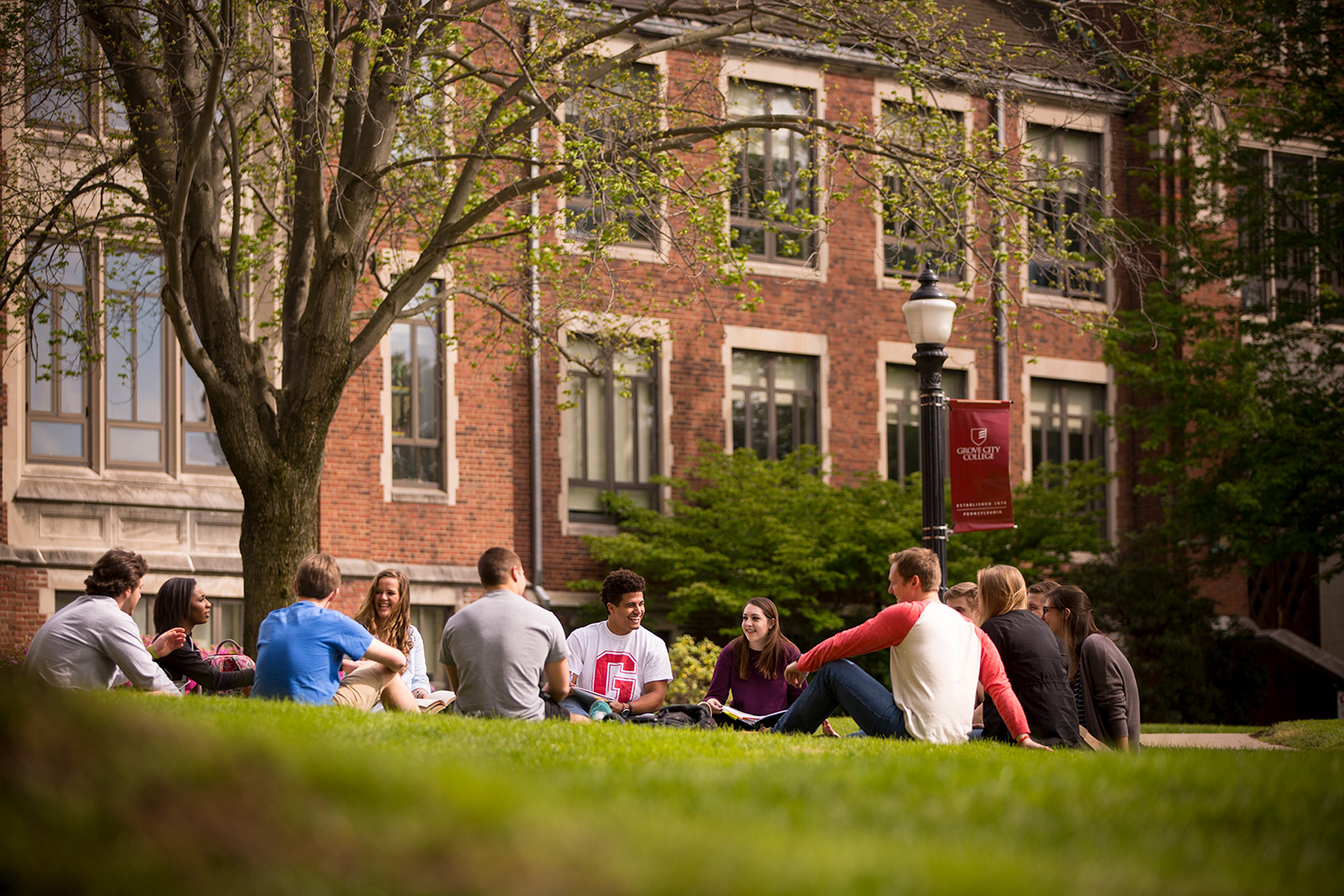
The liberal arts make the kind of human beings we need
According to the Conference Board, employers seek college graduates who possess the applied skills of oral and written communication, creativity, teamwork and leadership. Liberal arts courses within a core curriculum teach these skills. Just as importantly, they provide an essential grounding in human thought needed to ask and answer the important questions of our time.
When institutions lose the liberal arts, they lose both. But as the recent news of substantial cuts in the liberal arts programs at places such as West Virginia University indicate, the liberal arts are on the chopping block, with many institutions cutting majors and faculty positions.
Narrow and thin
The irony of these significant changes is that colleges and universities across the country are graduating students who possess ever-increasing specialized skills but lack the broader skills employers want and a basic framework for assessing the most important issues facing society today. College graduates have a narrow set of skills and a thin moral imagination.
These changes leave students with a very slim set of tools to draw upon when faced with the complexity of issues they will encounter in our world today. While employers value specialized skills, much recent research indicates that companies are concerned with hiring students that lack those foundational virtues taught in the liberal arts disciplines.
Practically speaking, students are likely to have several different careers throughout a lifetime, many of which are unknown today. While skill development is an important element of an education, much more life preparation takes place in pursuit of a college degree.
The ability to examine data and draw informed conclusions is not learned by simply understanding the functions of statistical analysis. Students must learn to think and interpret, via a moral and analytical lens, and not report alone.
The kind of education our society needs for our young people should be provided through a quality core curriculum centered on the liberal arts. It does this in two ways.
Skills and insight
First, it provides training in the applied skills employers want. The diverse courses taught in the core curriculum, comprised of students from a variety of majors, provide opportunities for collaborating with cross-disciplinary teams, and students are often challenged to work with and communicate with others that may be very different than their immediate peers. A robust liberal arts core enables students to strengthen their rhetorical skills and provide employers with more holistic candidates ready for the workforce.
Second, studying the classical liberal arts imparts what is good, true, and beautiful to students. These transcendental concepts are what shape us as people, not just as workers.
Students are not just informed but are actually formed as they look at the multi-faceted elements of what it means to be human, as they study momentous historical events and perplexing philosophical questions, stunning literary passages and exhilarating orchestral harmonies, the complex structure of atoms and the profound truths of right and wrong. Examining the questions raised by studying the French Revolution or reading “The Brothers Karamazov” is the bedrock of a college education.
As their worlds expand, students see examples of those who have gone before them and alongside them, whether in history or literature, and they can learn from those examples. As they are exposed to new, challenging ideas, they learn how to synthesize diverse viewpoints and ideas, which leads to more timely and thorough decision making.
Those going into healthcare professions, for example, practice gathering information about a complex problem and offering informed solutions. They deepen their understanding of empathy and of ethics, which are essential for the medical profession. Both the American Medical Association and the Association of American Medical Colleges demonstrate that a humanities background makes for better medical students.
Great works of literature or history expose students to perspectives that differ from their understanding and experience. This broader framework aids in dialogue and debate that inevitably occurs on ballfields, in churches, or around the water cooler. Civil discourse is necessary for a healthy society, and those liberally educated help to cultivate these conversations.
Building a just and virtuous society
Enjoying an education rooted in the liberal arts taught in a core curriculum with major programs that then build upon this essential foundation is the reason for getting a college education. All students need a foundation in the liberal arts.
The liberal arts provide a framework to help students attain the wisdom necessary to use their education for purposes that help build a more just and virtuous society. As a society, we cannot afford to raise a generation of young people without the moral framework to thoughtfully engage the complexities of our world today.
Peter Frank is the provost of Grove City College.
